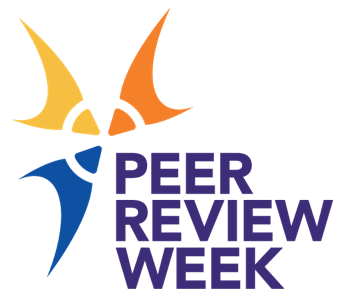Plagiarism detection in the evolving publishing landscape: Best practices for journals
Get the webinar recording sent directly to your inbox

About the webinar:
Among the primary aims of conducting peer review at academic journals is ensuring submissions are original works to protect the reputations of researchers, publications, and the scholarly record.
The advent of plagiarism detection technology has made it possible to scan millions of full-text documents from research articles to preprints to conference proceedings to spot possible instances of plagiarism. It also means editors must continually hone their plagiarism detection protocols to remain judicious and adequately distinguish the signal from the noise. This webinar will cover evolving plagiarism detection needs and current best practices for journals, including:
- Indicators of possible plagiarism and detection tools editors can use
- How to interpret plagiarism detection results fairly and expeditiously
- When to escalate possible instances of plagiarism and proper protocols
- Current recommendations for plagiarism of preprinted works
Everyone who registers for the webinar will also receive a link to the Zoom recording!
Thanks to the following speakers for joining this webinar:
Brought to you by Scholastica
Scholastica is a technology solutions provider with easy-to-integrate software and services for every aspect of publishing academic journals — from peer review to production to hosting and discovery support. Our mission is to empower scholarly organizations to make quality research available more efficiently and affordably in order to facilitate a sustainable research future. Over 1,000 journals across disciplines use Scholastica.




